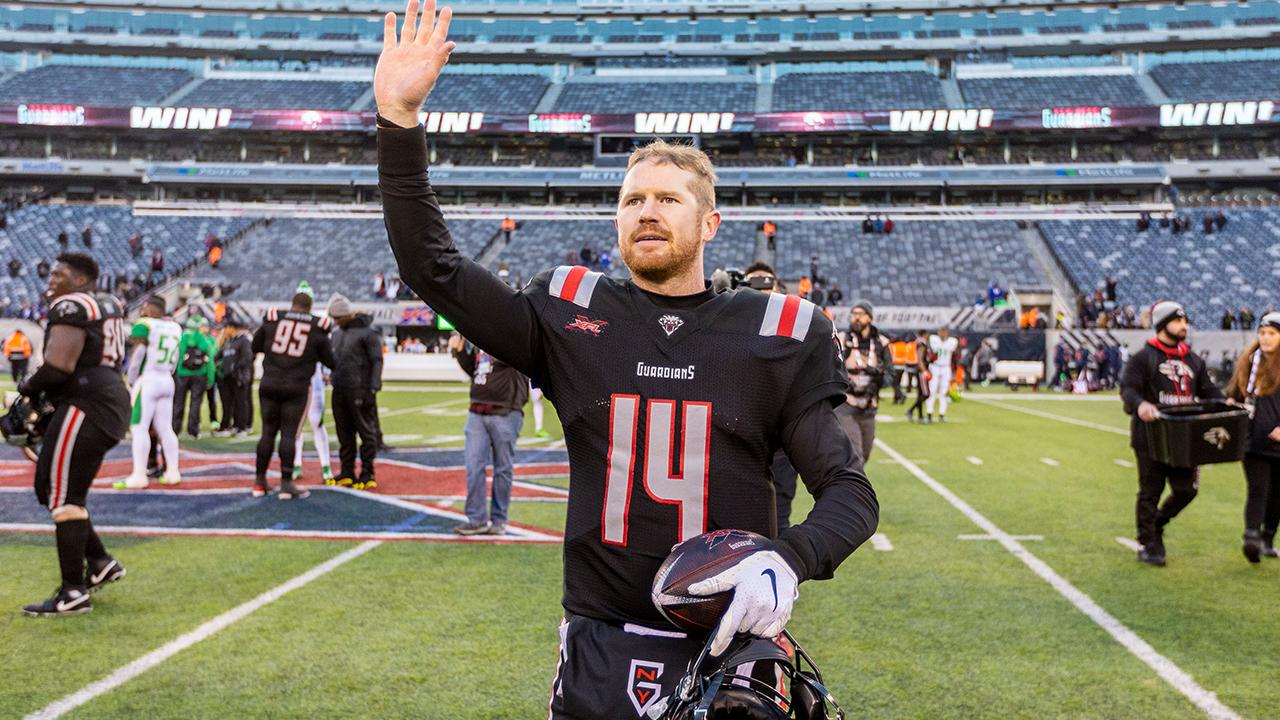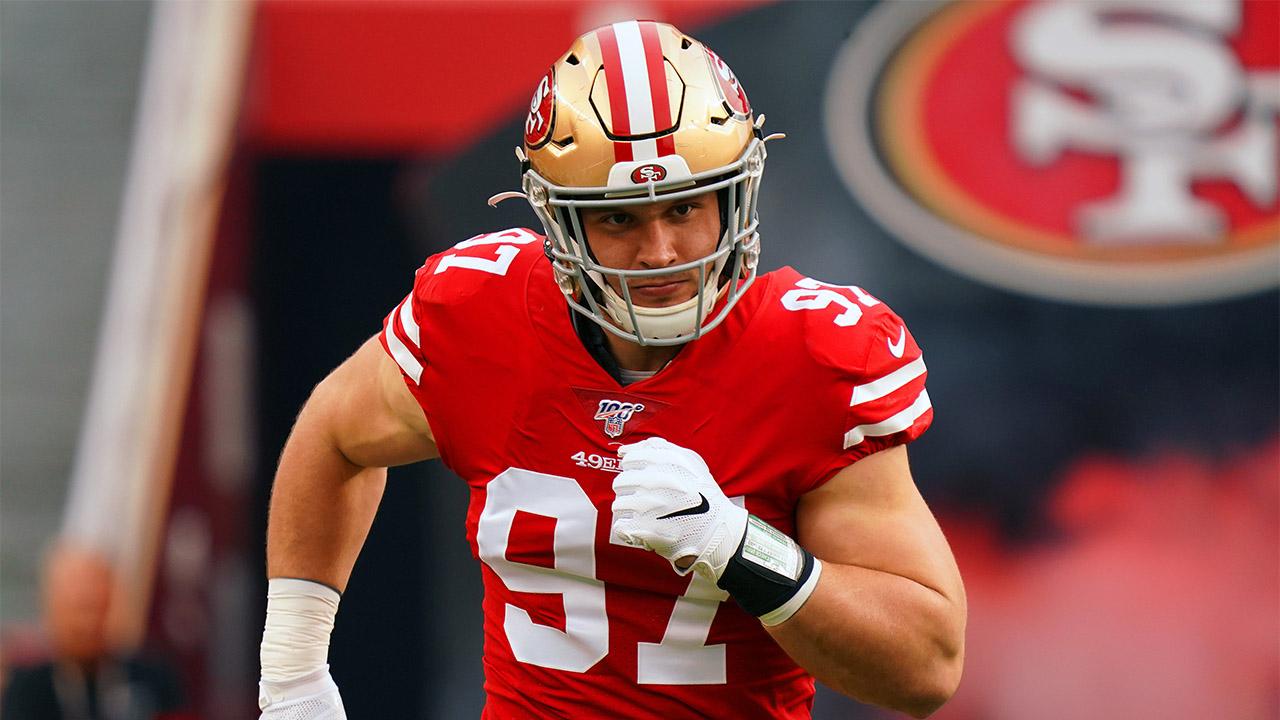NFL collective bargaining agreement, explained
NFL players voted by a slim margin to approve the deal.
NFL players voted to approve a new collective bargaining agreement with team owners that will reshape the financial and professional lives of thousands for the next decade, union representatives said on Sunday.
The NFL Players Association's membership voted to pass the deal by a slim margin, with 1,019 players voting in favor and 959 voting against the deal. As a result, the NFL will have labor peace through at least the 2030 season.
NFL OWNERS APPROVE PROPOSED LABOR DEAL, SETTING UP PLAYER VOTE
FOX Business breaks down key facts to know about the labor deal below, according to a term sheet published by the NFL Network.
Economic impact
One of the bigger concessions that NFL owners made to the players union relates to the split of league revenue, which amounted to more than $16 billion in 2018 alone from sources such as media rights deals and corporate sponsorships. Under the deal's terms, players will receive 48 percent of NFL revenue starting with the 2020 season.
The players' revenue share could increase to 48.5 percent through a media kicker in any season that features 17 regular-season games. NFL owners are aiming to implement a 17-game regular season by as early as 2021. The increased revenue split is projected to shift $5 billion to players over the deal's 10-year term compared to the previous revenue split.
NFL PLAYOFFS TO EXPAND IN PROPOSED LABOR DEAL
The deal also includes a provision designating any money earned from sports betting as subject to the revenue split, ensuring that players will receive a piece.
Player salaries
Rank-and-file NFL players receive an immediate pay increase under the deal. The NFL's minimum salary for rookies would rise to $610,000 for the 2020 season, a $100,000 increase compared to the old minimum. The larger revenue share should yield an increase in the NFL salary cap.
NFL rosters will have more open spots, ensuring more jobs for fringe players. Pay for practice squad players will increase to $10,500 per week. Performance-based pay will also rise. Negotiations yielded a last-minute concession from owners, who agreed to drop a $250,000 limit on game checks for players in the final game of the 17-game regular season.
Schedule changes
The NFL's regular-season schedule will eventually increase to 17 games per team, up from 16 games at present. Each team will play three preseason games, rather than four.
The prospect of a longer season was met with widespread criticism among players who expressed concern about the potential health risks. The tweaked regular-season slate will likely take effect in 2021 or later.
NFL OWNERS WORRIED ABOUT BERNIE SANDERS CANDIDACY AMID LABOR TALKS
In addition, the NFL will expand its postseason, allowing seven teams per conference a spot in the playoffs. The wild card round will consist of six total games, with three games played Saturday and three played on Sunday.
Player benefits
Pension plans for former NFL players will increase by 10 percent, while 401K matching will see an initial increase of $30,000 followed by annual jumps. Players will be eligible for vision coverage as part of their health care package for the first time and receive increased tuition reimbursement, among other improvements.
The NFL also agreed to cut down on player fines for on-field conduct and use a neutral arbitrator in most disciplinary cases. If released midseason, players are eligible for termination pay amounting to 35 percent of their salary or two-weeks of pay if on a minimum contract.
GET FOX BUSINESS ON THE GO BY CLICKING HERE
The offseason workout schedule will be reduced, with fewer practices in full pads, fewer consecutive-day workouts and higher pay for activities.
Drug policy
Positive marijuana tests will no longer result in game suspensions. In addition, the NFL will cut down the testing window for THC to two weeks prior to the start of training camp, rather than four months under the old system.
Star players hate the deal
The labor deal's terms drew immediate condemnation from some of the NFL's most notable stars, including Seattle Seahawks quarterback Russell Wilson, Houston Texans defensive end JJ Watt and Green Bay Packers quarterback Aaron Rodgers. All three players tweeted that they would vote to reject the agreement.
Rodgers cited the push for a longer regular season schedule as a key point of contention.
"16 games to me was never something to be negotiated," Rodgers wrote on Twitter. "The owners made it clear that the 17th game is about paying for the 'added' benefits, and had nothing to do with the positive feedback received about any extra risks involved with the added regular season game."
CLICK HERE FOR MORE SPORTS COVERAGE ON FOXBUSINESS.COM
The Associated Press contributed to this report.
This story has been updated.























